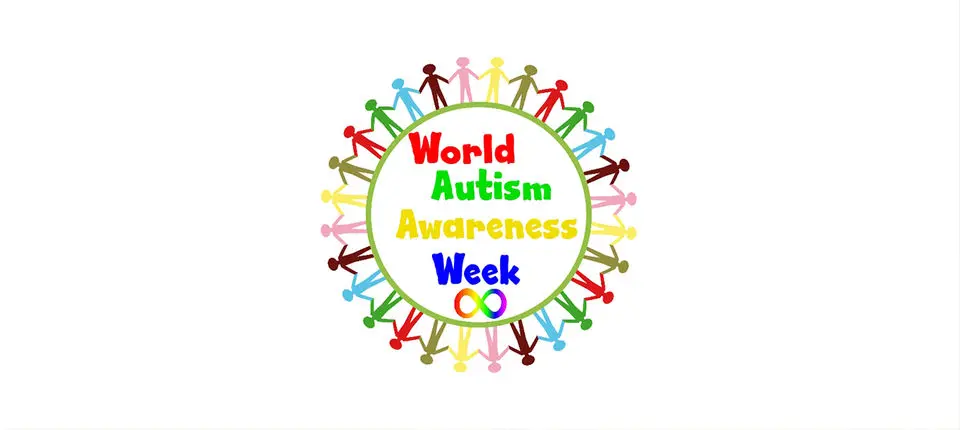World Autism Awareness Week is an internationally recognised event that takes place every year to raise awareness about people with autistic spectrum disorders including autism and Asperger syndrome throughout the world.
One in 100 people are autistic which means you probably have autistic colleagues at your workplace and encounter those who have autistic spectrum disorders on a regular basis. Autistic people face huge barriers and discrimination in the workplace and society as a whole. The work being done to support World Autism Awareness Week (29 March to 4 April) and World Autism Day (2 April) will help to change this.
The Leeds United Foundation work with hundreds of people, adults and children, every week with a range of disabilities, including those who are on the autism spectrum. To celebrate the annual awareness week coaches at the club’s official charity have been carrying out a number of Easter related activities, including creative and physical competitions, during their disability sessions with autistic participants, including at Temple Moor East SILC (Specialist Inclusive Learning Centre), Roger Cannon East SILC and during their weekly Zoom call with the Junior Pan Disability members.
Autism is a lifelong developmental disability that affects how a person communicates with and relates to other people. The disorder can also affect how a person makes sense of the world around them. It is a spectrum condition, which means that, while all people on the autism spectrum share certain differences, their condition will affect them in different ways.
Here are some of the practical strategies the Leeds United Foundation use in their sessions that may be key for others to understand:
Some autistic people may also have accompanying learning disabilities, including mental health issues or other conditions, meaning different levels of support is often required. Asperger syndrome is a form of autism and those with this diagnosis are often of average or above average intelligence. They may have fewer problems with speech, but they still have differences with understanding and processing language.
For more information on the work the Leeds United Foundation deliver in the local community to those suffering with a disability such as an autism spectrum disorder, please contact [email protected].



